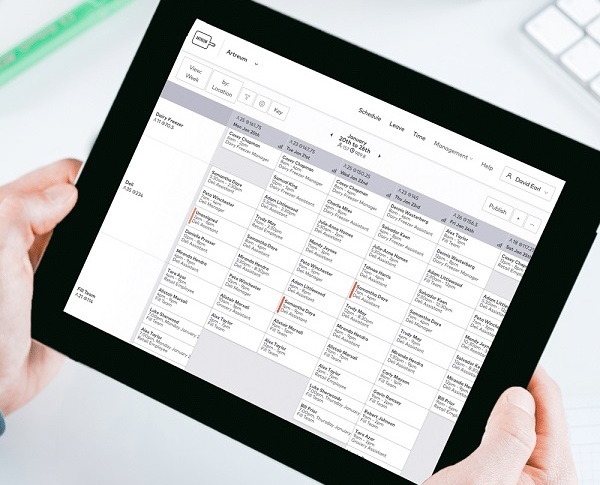Every employer wants optimal output and productivity from their employees.
Once you agree to work with them, you are obligated to give your all to the tasks and dedicate your work hours to the growth and development of the organization.
If you are getting paid for a job, you are expected to spend every hour in that respect. It is on this premise that employers have continued to devise ways and tools to monitor the activities of their employees.
These tools keep a tab of the hours spent doing a job.
One of those tools is the Timesheet management system. Employers deploy this tool to monitor and record the working hours spent by all employees.
A prominent example of a timesheet management system that you can use for all industry types and sizes is a timesheet online.
Employers use timesheet applications to track their employees’ working hours, recess time, and leave duration. Similarly, these employees use the timesheet to keep track of their next leave duration, recess period, rest intervals, etc.
Employees who work on time-based arrangements use the tool to calculate their total wage.
As more employers continue to deploy the timesheet management system, it has generated a lot of attention. Several people are now curious as to the legality of timesheets.
The wide usage now makes it a subject of discourse; almost everyone in the UK now asks whether the timesheet is a legal requirement for organizations to operate.

Table of Contents
Timesheets In The United Kingdom
In the United Kingdom, the Labour legislation named “Regulation of 1998, section 9” governs the time and employee attendance requirements.
It is also called the Working Times Regulations Act 1998.
According to this law, employers must keep adequate records to show compliance within the 48-hour limit on the average week.
Also, by law, you must protect night employees by showing that they do not work beyond an average of 8 hours in every 24-hour duration.
Similarly, if any employee needs further overtime to work in addition to their 48 hours, they must agree to such an arrangement in writing by opting out of the (normal) clause.
For workers under 18, the UK regulation sets the working hours at a maximum of 8 hours a day and no more than a 40-hour working week.
All employees have the right to take a 20-minute recess every six hours (stretch) and the right to an 11-hour break in between shifts. In addition, the UK worker’s right allows every employee to take sick leave and their respective salary.
The United Kingdom regulation does not specify that employers should track the rest breaks and recess periods. It only makes it obligatory to maintain the weekly hour record.
The law also states that employers shall keep the time and attendance records for at least two years for any inspection by authorities.
Do I need a timesheet in business?
Ans- There are a few motivations behind why timesheets are so significant for a business. They assist you with charging all the more precisely. They assist you with the following task costs. They assist with estimating worker performance.
Conclusion
Aside from being a legal requirement for all employers in the United Kingdom, timesheets are important for keeping track of employees’ activities, what they are working on, and the duration of the work.
Therefore, every employer needs a timesheet as a mandatory and legal requirement in the United Kingdom. That is, you must keep a time-tracking record of your employees for a minimum of two years.
Furthermore, laws governing time and employee attendants vary among countries. Likewise, the tools and applications deployed by employers vary. What is mandatory in the UK is to have an effective timesheet management system in place.














